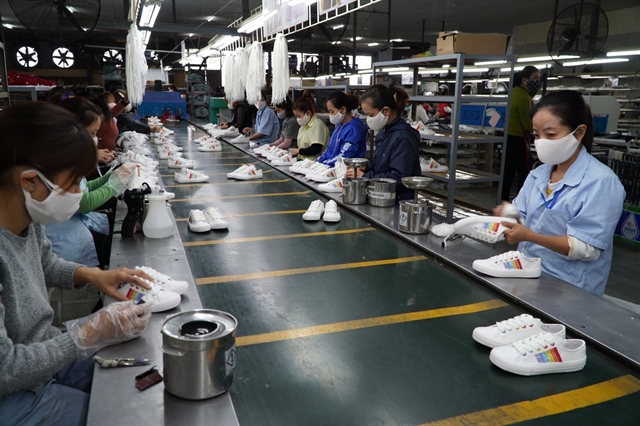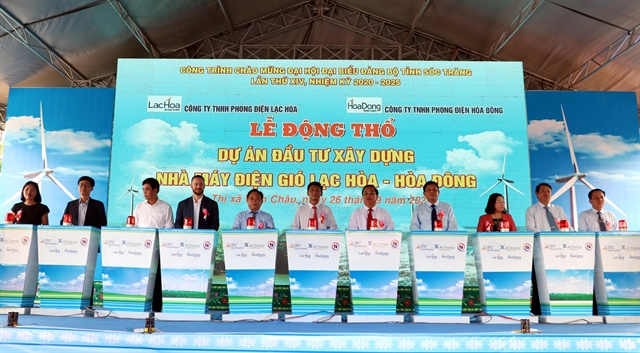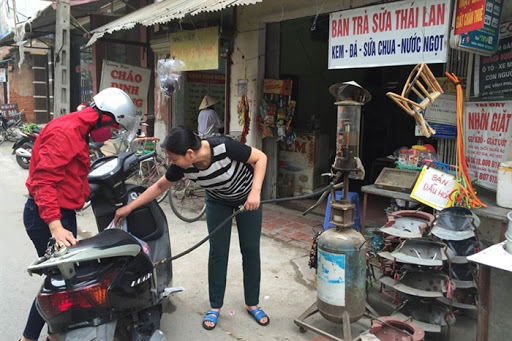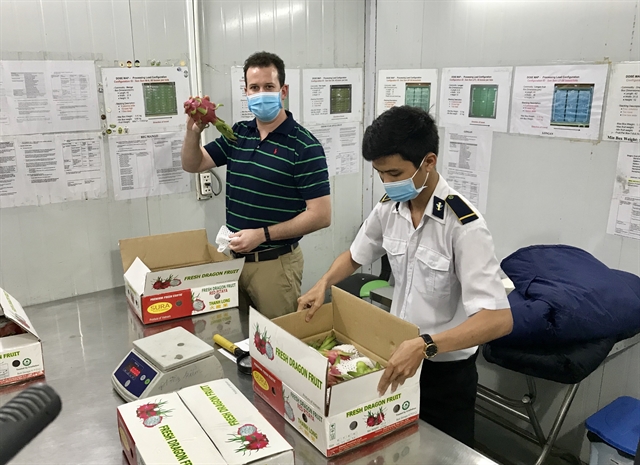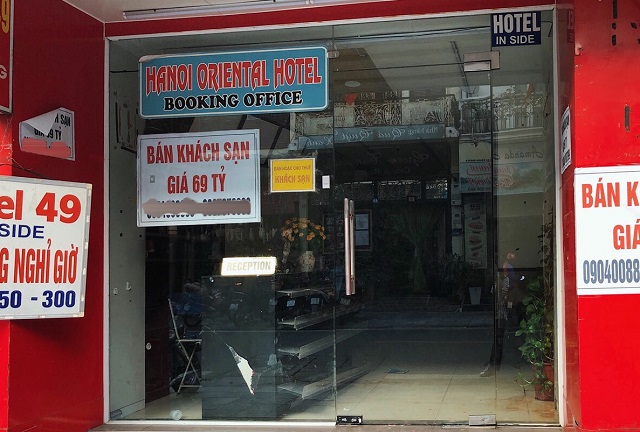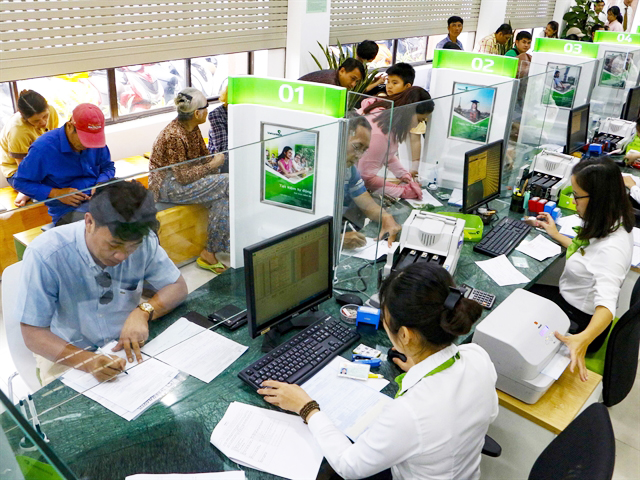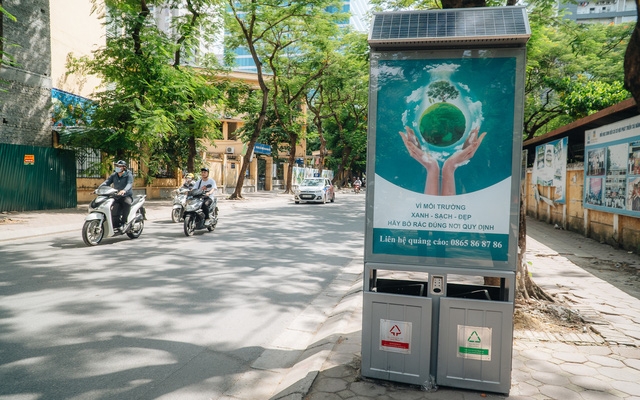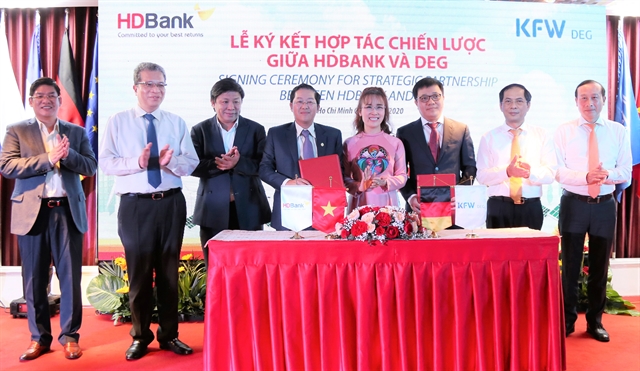HÀ NỘI — Many Vietnamese textile and garment products may face safeguard duties in 2020 from the Eurasian Economic Union (EAEU) as the export volume to this economic bloc is at the risk of exceeding the trigger in the Việt Nam-EAEU free trade agreement.
The Eurasian Economic Commission (EEC) warned the Vietnamese Ministry of Industry and Trade (MoIT) about this issue in a recent note.
They include dresses and women’s clothing of certain HS codes. The export volume of these products to the EAEU from January to July this year reached 79.4 per cent of the threshold set for all of 2020, the ministry revealed on its website on Monday.
According to the trade deal, textile and garments are among 12 Vietnamese products that may face the EAEU’s safeguard duties if import volumes during a calendar year exceed the trigger level of the agreement.
Depending on the exceeding volume, Việt Nam’s garment products may be subject to the most favoured nation (MFN) tariffs for a period of six months or nine months.
Việt Nam was the first nation to sign a free trade agreement (FTA) with the EAEU so it had special advantages to penetrate the EAEU market. After three years of taking effect, bilateral trade growth has increased from just 5 per cent in 2011-15 to more than 30 per cent per year.
The EAEU has high demand for the products that Vietnamese enterprises have export strengths in such as garments, footwear, electronics and agricultural goods such as rice, seafood, pepper and vegetables.
Difficulty ahead
A MoIT report showed that the textile production in the first eight months increased by just 1.3 per cent over the same period last year. Apparel production in August showed signs of recovery, growing 4.9 per cent over the previous month but still down 4.2 per cent year-on-year.
The COVID-19 pandemic has pushed many industries into difficulties, including the textile and garment sector. Consumer demand in the world has been heavily affected by social distancing measures as well as uncertainty about the future and austerity policies of households.
Demand for garment products in the third quarter has yet to improve as consumer confidence in key markets such as the US, EU and Japan has not shown many good signals.
Annually at this time, businesses often receive orders until the end of the year and even the first half of next year. However, Vietnamese textile and garment enterprises are currently only receiving orders on a monthly or even a weekly basis.
Export turnover of textile and garments in the first eight months reached US$19.26 billion, down 11.5 per cent year-on-year, meanwhile, exports of fabrics and fibre also declined 36.8 per cent and 19.4 per cent, respectively. — VNS



